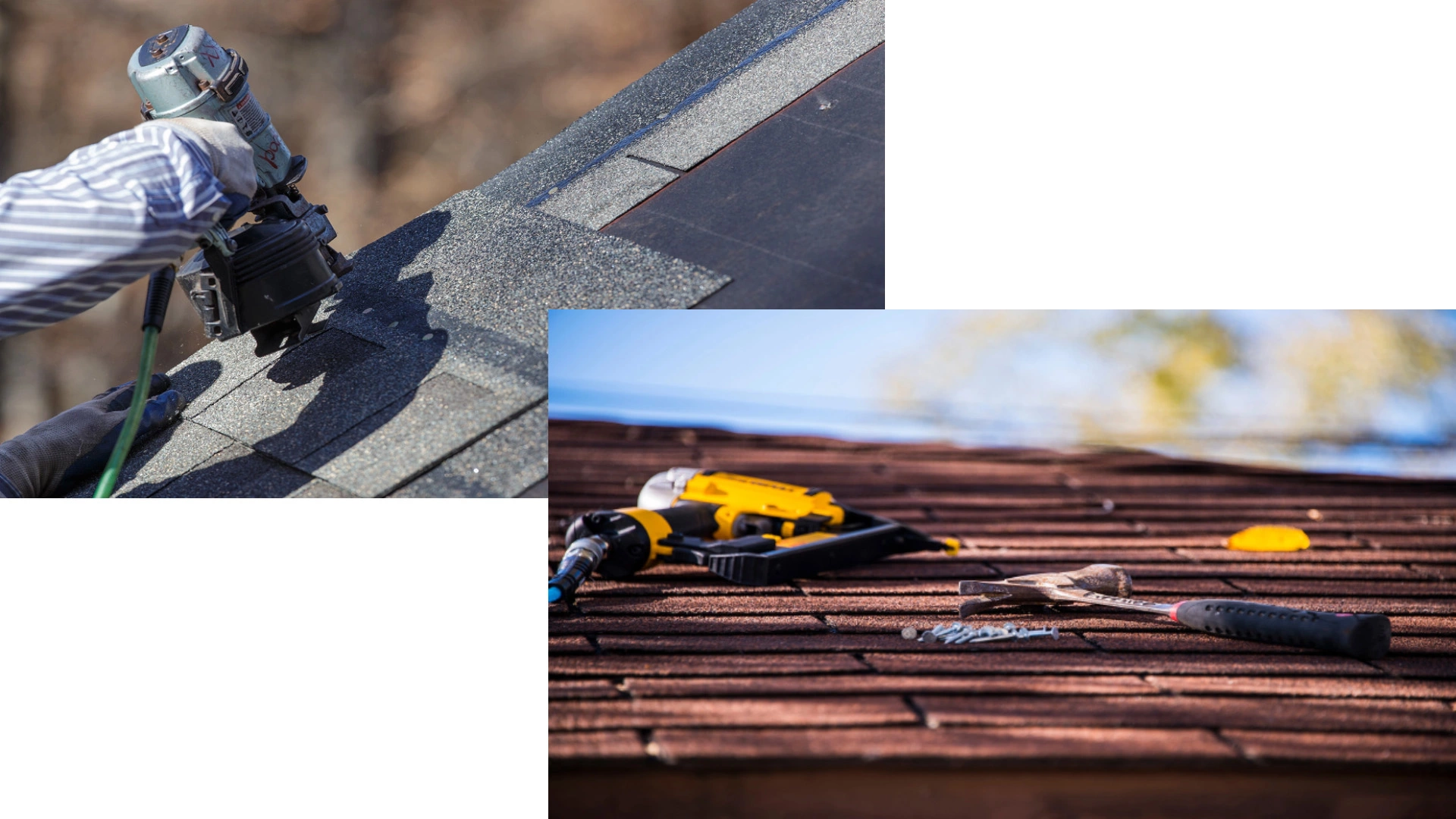Perfection Guaranteed
Skilled Roofing Professionals for Installation and Replacement Solutions
Our skilled roofing contractors specialize in top-tier roof installation and replacement services. Whether you need a new roof or are considering replacing your current one, we’re here to assist you. With a keen eye for detail and the use of premium materials, we consistently provide dependable and long-lasting results.
From roof installation to replacement, our reliable team is committed to ensuring your satisfaction throughout the entire process. We have expertise in working with various roofing materials and styles, enabling us to craft tailored solutions that suit your preferences and financial constraints. Contact us today, and entrust our dedicated roofing contractors with all your roofing needs.

Our Roofing Offerings: Expert Installation and Dependable Replacement
Roof Installation
Drawing upon years of experience, our proficient experts have acquired a wealth of expertise in roof installation, enabling us to offer optimal solutions tailored to your requirements. We stand ready to navigate you through the decision-making process, aiding in the selection of suitable materials and designs for your roof. You can rely on us for authoritative guidance and support at every juncture, guaranteeing a fruitful and gratifying roof installation endeavor.
Roof Replacement
Roof replacement encompasses the full removal of the current roof covering, addressing any compromised substrate, and fitting a fresh roof covering. Our offerings encompass roof replacement for both residential and commercial structures. Whether you’re seeking to replace an aging roof or enhance it with a more resilient and effective roofing system, our team is fully prepared to manage the complete procedure with skill and professionalism.

